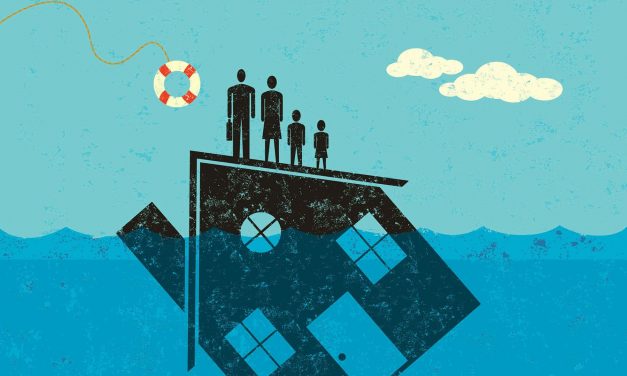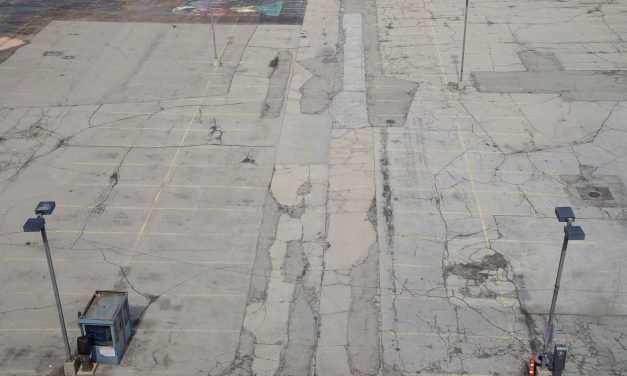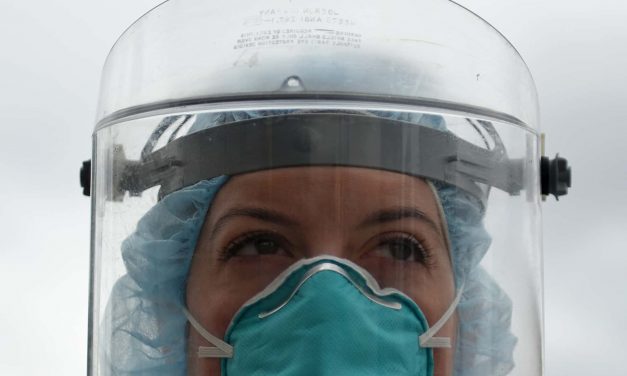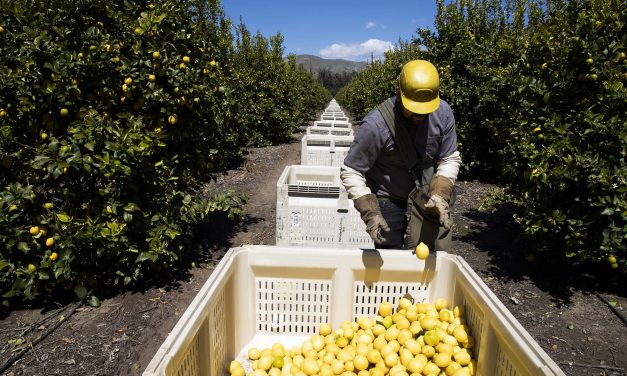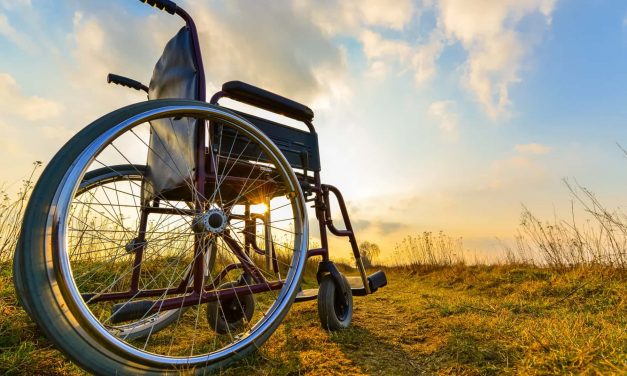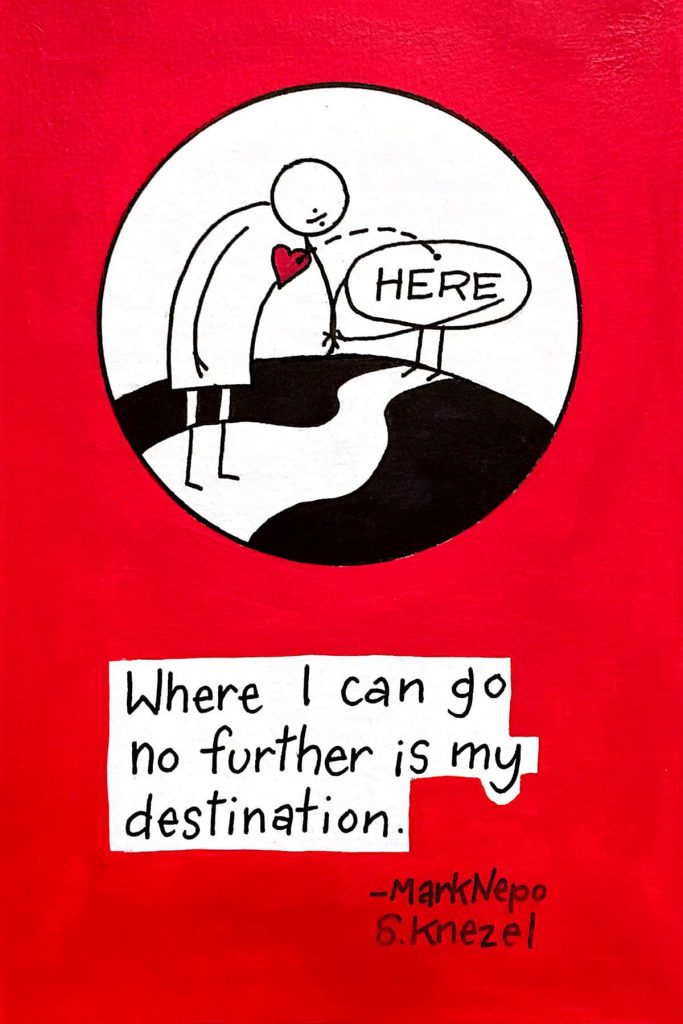Bailouts and eviction freezes will not be enough to stop the oncoming pandemic-triggered housing crisis
By Roshanak Mehdipanah, Assistant Professor in Public Health, University of Michigan; and Gregory Sallabank, Clinical Research Project Manager, University of Michigan Millions of Americans are suddenly out of work as the financial and economic crisis sparked by the coronavirus pandemic deepens. Without an income, most of these people will have a hard time covering their expenses, including keeping a roof over their heads. But even before the current crisis, tens of millions of Americans struggled to pay for housing, spending more than 30% – or even half – of their income on housing-related expenses. This leaves less money for...
Read More
